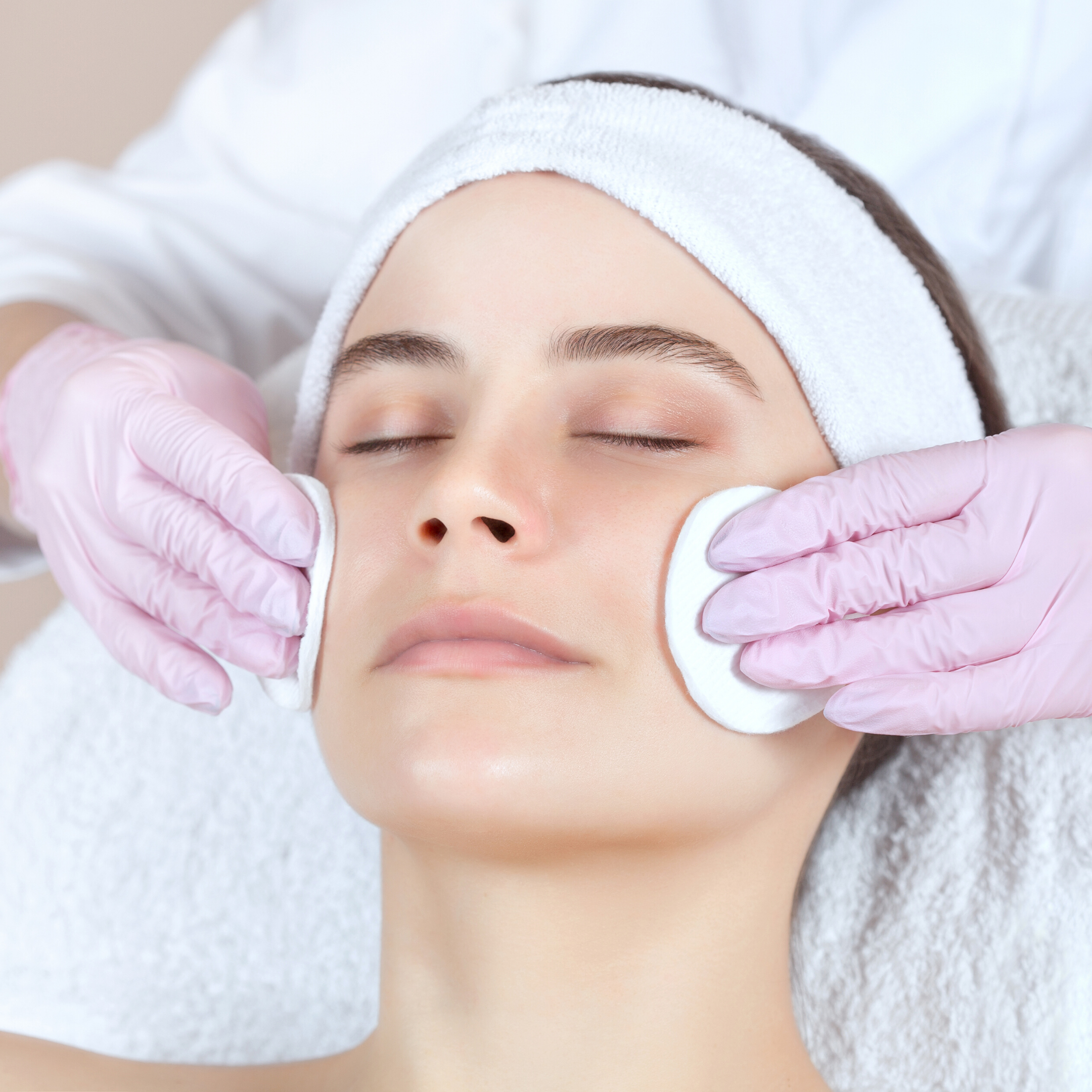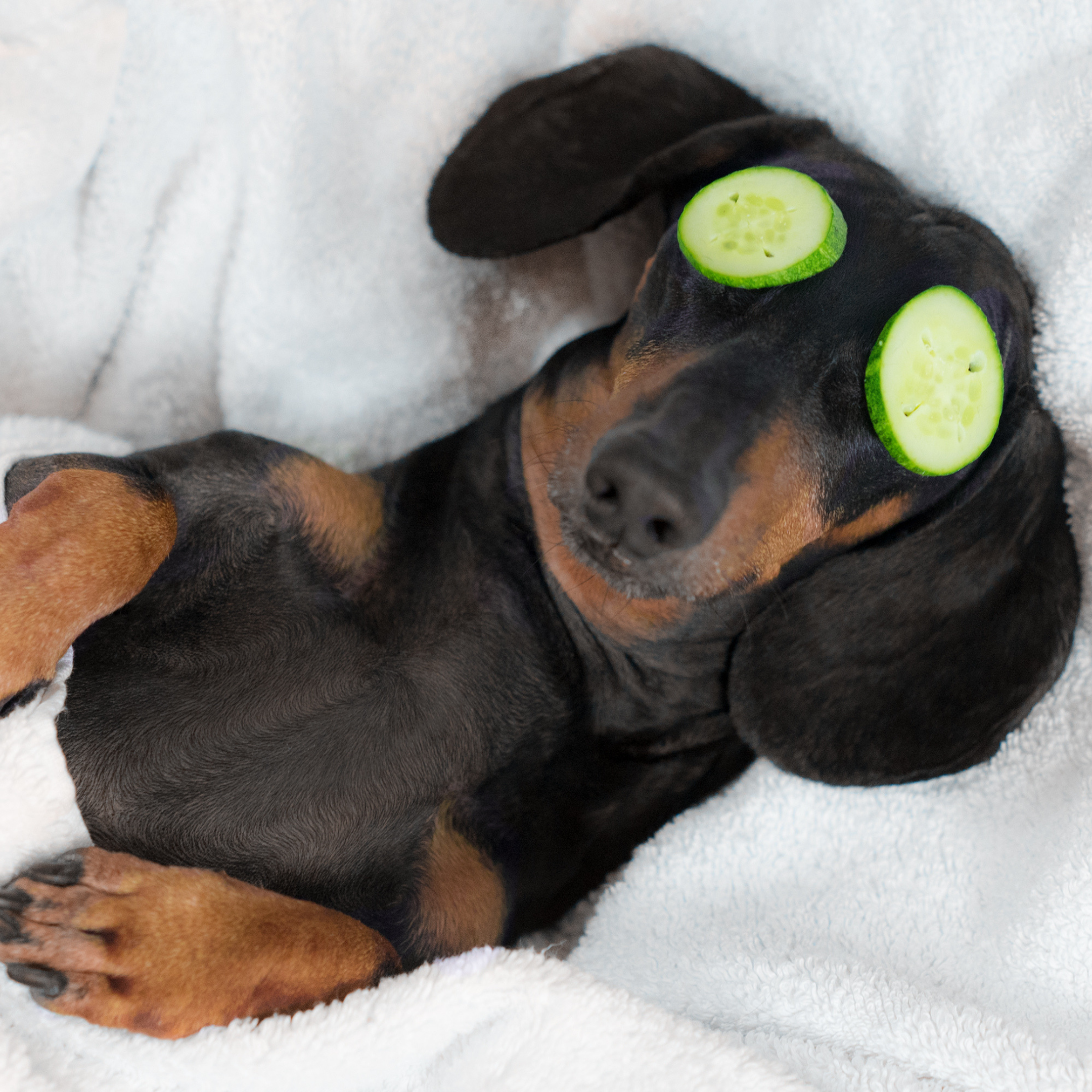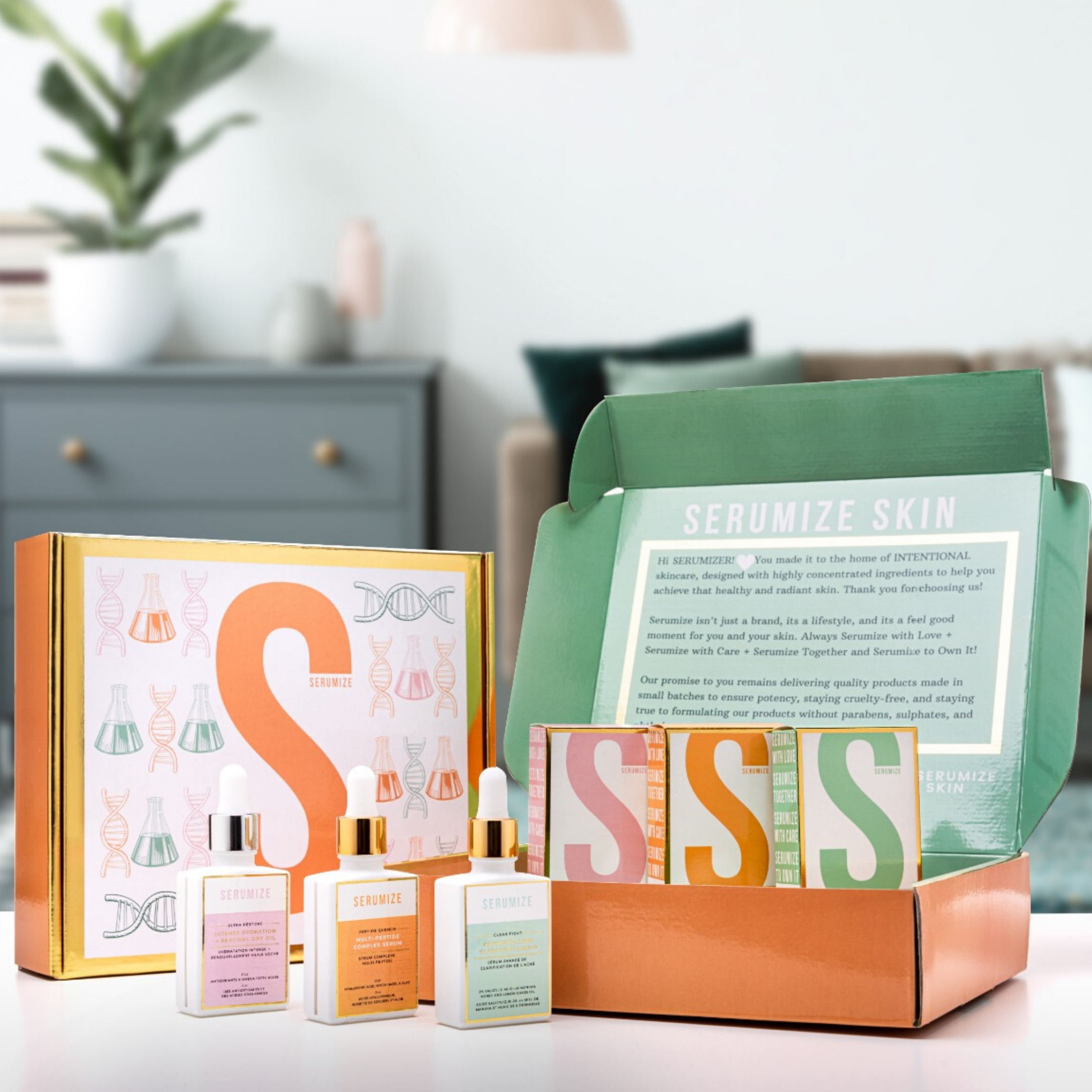What is Alcohol and How It's Used in Skin Care Products?
Alcohol is an ingredient commonly found in many skin care products, from toners to moisturizers. It's used for a variety of reasons, such as helping to dissolve other ingredients, providing a cooling sensation on the skin, and helping to prevent bacteria growth. But alcohol can also be drying and irritating to the skin.
This article will explain what alcohol is and how it's used in skin care products. We'll also discuss the different types of drinks and how they can affect different skin types. Finally, we'll provide some tips on how to choose the right products with alcohol.
Names For Alcohol In Beauty Ingredient Lists
The forms alcohols take in skin care vary and so are the names on ingredient lists. Here are the most common names for alcohol in cosmetics.
- Isopropyl Alcohol- Isopropyl alcohol is a common household chemical. It is commonly known as rubbing alcohol. It is used commonly in cosmetics as an astringent or a solvent
- Benzyl Alcohol- This is a naturally derived alcohol commonly found in cosmetics and hair care products.
- Ethyl and Methyl alcohol- This is a denatured alcohol used across the cosmetic and personal care industry.
- Cetearyl, Cetyl, propylene glycol or Lanolin Alcohol-These alcohols differ from the simple alcohols listed above. They are fatty alcohols and are included in skin care to improve moisture retention and stabilize the oil-water compounds.
Is Alcohol Actually Bad For Your Skin?
The debate on the effects of alcohol on the skin has been endless in recent years. For many people, it remains unclear whether they should ditch all cosmetics with some alcohol content.
Alcohol has been used in skincare products for many years and is known to have a variety of benefits. It can help to balance pH levels, reduce oiliness, and even kill bacteria. Alcohol also helps to dissolve oils in the skin, allowing them to be easily absorbed into the skin. This makes it easier for other ingredients in the product to penetrate deep into the skin’s layers.
Alcohols are used in many skin care formulas to enhance their effectiveness and provide a range of benefits. These alcohols can be divided into two categories: fatty alcohols and simple alcohols. Fatty alcohols, such as acetyl, stearyl, and cetearyl alcohol, are used to improve the texture and feel of skin care products. They also often act as emollients and humectants which improve the skin’s ability to maintain optimal hydration. They also help to preserve the product’s shelf life by preventing bacteria growth.
Simple alcohols or volatile alcohols which include isopropyl, methyl or ethyl alcohol are large to be avoided in cosmetics. Although they may have been used for years in cosmetics especially toners and moisturizers, other less irritating alternatives exist. Simple alcohols are often used for their cooling and degreasing effect, especially on oily skin types, however, this effect is counter-intuitive as this leads to dehydration which in turn triggers excess sebum production. For similar reasons, people with acne-prone skin should resist the temptation of drying out breakouts with simple alcohol.
People with dry, sensitive and eczema or rosacea-prone skin should avoid cosmetics with simple alcohol content. This is because they can be very irritating, and dehydrating and can lead to contact dermatitis and other flare-ups. Additionally, the dehydrating nature of simple alcohols threatens the integrity of the skin’s moisture barrier, leaving the skin vulnerable to other skin conditions.
Is All Simple Alcohol Content Bad For Your Skin?
As much as we advise against the use of simple alcohol use in cosmetics. We understand that it is a popular ingredient used across the industry. If you must use such products, ensure you have normal to oily skin and an intact moisture barrier.
It is also important to note the position of the alcohol ingredient on the list. A good position is anywhere from the 6th ingredient as this indicates a low percentage and less chance of an adverse reaction.
At SERUMIZE, we do not use any simple alcohols in our formulae. Our ULTRA RESTORE DRY OIL contains a fatty alcohol derivative - Cetyl Palmitate-an ester which acts as an emollient and conditioning agent on the skin.



